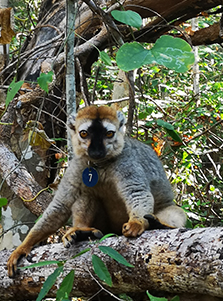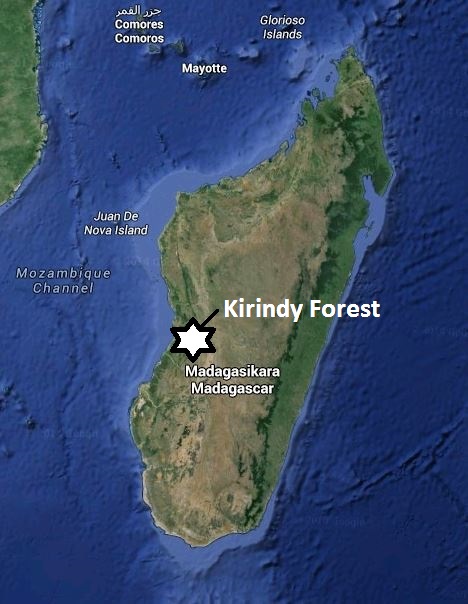Recently finished project:
SoHaPi:
Sociality and Health in Primates (DFG FOR 2136)
- a research co-operation of the German Primate Center (DPZ), the University of Göttingen, the Robert Koch Institute in Berlin and the Max Planck Institute for Evolutionary Anthropology in Leipzig
Subproject:
Social relationships: key to gut microbiome composition in wild redfronted lemurs?
Social and ecological factors mainly constitute individual fitness. Whereas ecological factors, e.g. food availability and pathogens, basically shape individuals condition, social relationships mediate access to food and transmission of pathogens. Moreover, social relationships mediate the physiological stress response and shape the composition of the gut microbiome, which in turn is influenced by diet, pathogens and physiological stress.
Since all these factors impact on each other, social relationships appear to be key via multiple pathways in shaping the gut microbiome composition. The gut microbiota in vertebrates consists of microbial species that influence the immune system and, hence, health and ultimately fitness of their hosts. Despite the importance of the gut microbiota for individuals health, the interrelationships of factors shaping the gut microbial community is not yet well understood. Linking these aspects, diet, physiological stress, abundance of gastrointestinal parasites and body condition, with the gut microbiome composition and how these aspects are mediated by social relationships, in a longitudinal study on wild hosts, the redfronted lemurs, will contribute to our understanding on the interrelationship of the gut microbiota compositional dynamics on indicators of health.
For more details, please visit the SoHaPi homepage.





